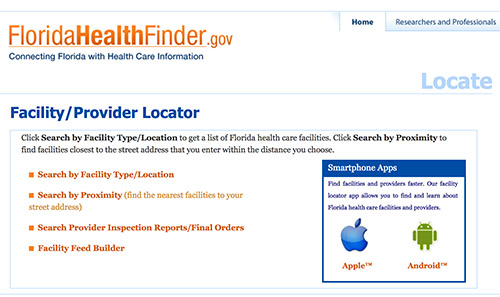Steering the Complex Monetary Landscape of Elderly Care Choices
Steering the Complex Monetary Landscape of Elderly Care Choices
Blog Article
Maneuvering the financial landscape of elderly care choices can be a difficult task for families and individuals. As people age, their requirements often change, requiring various types of support and assistance. Understanding the different options available, along with their associated costs, is essential for making knowledgeable choices. This article will examine the different types of senior assistance, the monetary consequences of each choice, and tactics for handling these costs effectively.
There are multiple types of senior care options available, each catering to different requirements. Home care services allow elderly individuals to receive help in their own residences, which can include help with everyday activities such as hygiene, cooking, and medication management. Supportive living facilities provide a more communal living environment, offering assistance with daily activities while allowing residents to maintain a degree of independence. For those with more complicated medical needs, nursing homes provide comprehensive care, featuring 24-hour medical oversight. Comprehending these options is vital for families to decide what type of assistance most fits their loved ones.
The expenses associated with elderly assistance can vary significantly based on the type of assistance chosen. In-home assistance services may bill per hour fees, which can add up rapidly depending on the amount of hours needed each week. Assisted living facilities typically have monthly charges that cover housing, meals, and basic care services. Nursing homes often have higher expenses due to the extensive medical assistance provided. It is important for relatives to investigate and contrast prices, as well as to consider any extra charges that may not be included in the starting pricing.
Funding elderly care can be a complicated view it now procedure, but there are multiple options available to help handle these expenses. Many families depend on individual savings or revenue from retirement accounts to pay for expenses. Long-term care coverage is another choice that can provide monetary support for various types of elderly care. Additionally, government programs such as Medicaid may provide assistance for those who meet criteria based on income and necessity. Comprehending these monetary resources can assist relatives make more knowledgeable decisions about their assistance choices.
Preparing for elderly care should begin in advance, as this can help alleviate some of the monetary stress down the line. Families are encouraged to have open conversations about care choices and financial abilities. Creating a financial plan that outlines potential expenses and accessible resources can also be helpful. By making proactive steps, families can more effectively navigate the complicated financial landscape of elderly assistance options, ensuring that their family members receive the assistance they require while handling costs efficiently.